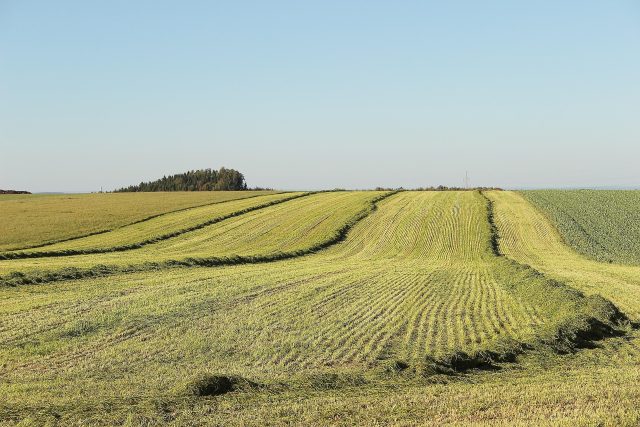
From farmers’ markets to African partnerships, Coldiretti and Filiera Italia present a systemic approach to fair, resilient, and inclusive food systems at the UNFSS+4 summit
At the UN Food Systems Summit +4 (UNFSS+4) held in Ethiopia, Coldiretti and Filiera Italia made a powerful case for an integrated and sustainable food system built on transparency, equity, and global cooperation. Representing the largest agricultural organization in Italy, Coldiretti showcased a uniquely Italian approach to food systems—one that connects producers directly with consumers, empowers rural economies, and extends solidarity through agricultural partnerships in Africa.
Speaking during the summit’s high-level opening session—attended by heads of state, ministers, and international agencies—Luigi Scordamaglia, representing Coldiretti and Filiera Italia, outlined what he called a “systemic and inclusive model” that can help transform global food production and distribution. At the heart of this model is a vision that prioritizes not just quantity of food production, but quality, cultural identity, environmental sustainability, and social impact.
From Farm to Fork: The Coldiretti Food System
Over the past decade, Coldiretti has redefined what it means to represent agriculture. Moving beyond the role of defending farmers’ rights, the organization has developed an integrated food system that turns raw materials into cultural symbols of national identity. Through direct sales, regional markets, and strong producer-consumer links, Coldiretti has bridged the gap between Italy’s fields and its tables.
A cornerstone of this system is Campagna Amica, Coldiretti’s foundation that promotes local agriculture and farmers’ markets across the country. With more than 1,200 active markets, Campagna Amica is not only a domestic success but has become a global model. At the UN summit, Coldiretti highlighted its role in creating the World Farmers Markets Coalition, a FAO-backed initiative aimed at building resilient local markets in developing countries. This coalition supports national governments and local farmers’ associations in setting up community-based food networks—offering a replicable model for building food sovereignty from the ground up.
Filiera Italia and Bonifiche Ferraresi: A Blueprint for Integrated Sustainability
Working hand-in-hand with Coldiretti is Filiera Italia, a public-private alliance created to connect Italian agriculture with the food industry. With over 100 member companies, the organization promotes shared values like traceability, biodiversity protection, and the defense of authentic “Made in Italy” products against misleading “Italian sounding” imitations on global markets. In addition to domestic efforts, Coldiretti and Filiera Italia are actively exporting their expertise to Africa. Bonifiche Ferraresi, Italy’s largest agricultural company and a partner in this initiative, is now operating in Ethiopia and the Horn of Africa, where it supports sustainable agricultural development. Their projects focus on modern farming techniques, efficient water use, supply chain creation, and local capacity building. Importantly, the goal is not to extract resources but to leave value and production in Africa. “We don’t just want to produce food,” said Scordamaglia, “we want to ensure that it’s real, healthy, culturally rooted food—accessible to all, and produced with dignity.”
Food Diplomacy in Action
This partnership model represents a profound shift from traditional aid paradigms toward a modern form of food diplomacy. Rather than offering temporary relief, Coldiretti’s approach emphasizes long-term solutions based on skills transfer, economic inclusion, and environmental regeneration. It is designed to align with the UN Sustainable Development Goals (SDGs), particularly those related to zero hunger, sustainable agriculture, and global partnerships. The Italian model demonstrates that sustainability and competitiveness are not mutually exclusive. It illustrates that agriculture can be a vehicle not only for economic growth, but also for social justice and climate action.
A Path Beyond Assistance
“Assistance is no longer enough,” Scordamaglia stressed at the summit. “We need innovative cooperation, strategic public-private partnerships, and models that actually work. Coldiretti’s food system is a bridge—between producers and consumers, between agriculture and industry, between Italy and Africa.” Indeed, the message Coldiretti delivered in Ethiopia was one of shared responsibility and mutual growth. With the support of Italy’s government and international agencies, the organization is showing how food systems can be reimagined as engines of inclusion, sustainability, and resilience. As global leaders look for viable solutions to an increasingly fragile food landscape, Coldiretti’s Italian model stands out—not as a one-size-fits-all answer, but as a living framework for how agriculture can be more than survival: it can be identity, community, and transformation.



 Subscribe
Subscribe